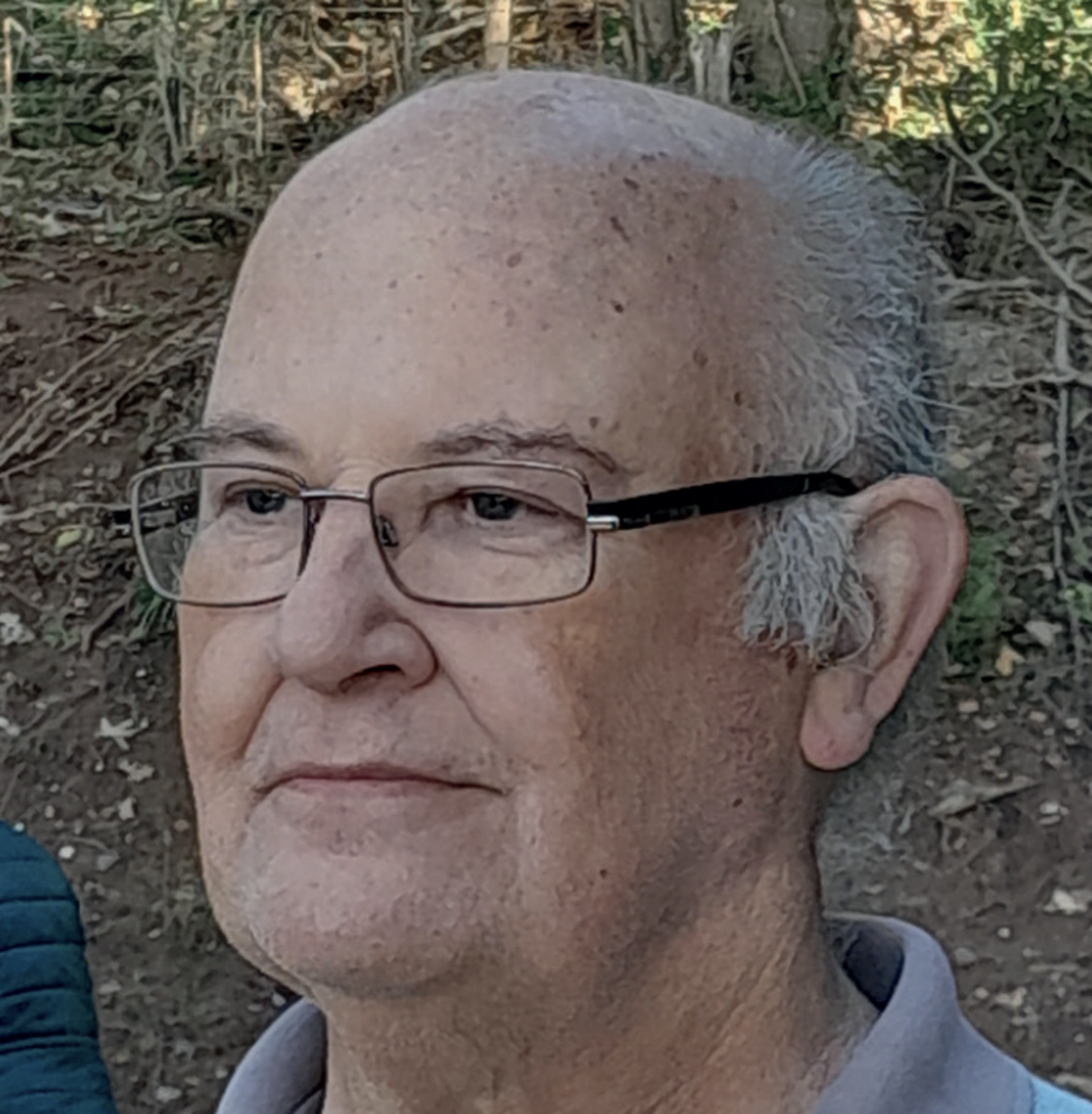Back in October 2019, when I first came under the care of the wonderful Oncology team at Worcester, I knew that my future was the palliative pathway. I would undergo a series of delaying treatments, but eventually I would exhaust the options and that would be it. So it was in September 2023 that I found myself in the chemo section of the Rowan Suite, undergoing the first cycle of Cabiazitaxel chemotherapy (this was the last option available to me, though there is talk of clinical trials at the Royal Marsden or a 10% chance of being suitable for Olaparib).
In all honesty, I knew I was now on the final treatment available to me. I am not going to hold out on the hope that people constantly tell me there are new procedures and medications appearing all the time. Any new treatments we hear about in the newspapers are years away from general use in the NHS.


Back in October 2019, I started my treatment in the Rowan Suite with Docetaxel chemotherapy, I had six cycles, and they all came with the standard side effects, most involving the toilet and fatigue. Anybody who has had chemo may understand that I was not looking forward to another course, this time 10 cycles of CabazitaxeI. I suspect, however, that my clinical team were dropping some hints about moving on from Abiraterone, but, like most men, I do not respond well to hints! In August 2023 my PSA had reached 42, rising from 2.0 in December 2021. Although I had spent months considering more chemo, the choice was not obvious. How much time would I gain was the obvious question. For the answer, talk to your clinician. The situation was marginal, and everyone must make their own choice.
Someone that I have been talking to regularly over the last year was surprised when I told them that I was going to try chemo again, but I would do it cycle by cycle, making the decision whether to continue after each cycle. I did not want to be lying in a bed somewhere in the future, thinking, ‘If only I had tried chemo again.’ It is hard to put into words, but it was one of those, “What if,” moments. I had to try.
The fateful day was 26th September 2023, 1568 days since I boarded the train and started my journey. I attended the Rowan Suite and soon found myself being prepared for the infusion, the heating pad, the insertion of the canula, the anti-sickness medication and, 30 minutes later, the Cabazitaxel, placed inside a red cover to show that it was cytotoxic and hazardous.
There were no problems with the infusion, I was disconnected from the pump, given ant- sickness pills and Filgrastim injections (for use on days 5 to 9), then I left the hospital.
I did not know that this was the lull before the storm. For 4 days everything carried on as normal as far as eating and sleeping were concerned, then on day 5 it started. First vomiting, then the filgrastim injection. I had requested one of the district nurses to attend and give me some moral support. The injection went in without problem, and the nurse left. The following day I felt terrible, just no capacity to do anything, no appetite, curled up on the sofa, dozing whilst watching a movie channel. A nurse appeared for the second injection and left happy that I would manage the remaining injections by myself. The following days saw diarrhoea and constipation before all settled down after the last Filgrastim injection.
On 6th October I felt comfortable enough to visit my younger brother in Blackpool. I had a very enjoyable time, but, unfortunately, I returned on the 9th with Covid. As a friend put it, most people return home from Blackpool with a stick of rock.
On the morning of 10th October, I woke up feeling terrible. Using the thermometer that the nurses recommend you buy before chemo, I checked my temperature – it was above 38 degrees. An LFT showed that I was positive for Covid. I rang up the chemotherapy helpline to ask their advice. Shortly after, I was in an ambulance, (without blue flashing lights) on my way to the Acute Oncology Assessment area in the
Worcestershire Royal Hospital. As my high temperature could have resulted from chemo problems or Covid, the team at the hospital had to assume that chemo was the problem. Shortly after arrival they asked for my emergency sepsis antibiotic prescription, the form supplied when you have your first chemo cycle (you should always carry this with you).
Blood samples were taken after a few problems finding a vein. Shortly after, the emergency antibiotics appeared and were connected to the canula in my hand. Next was the highlight of the day – lunch! I am not sure what Gordon Ramsay would have had to say, but I was hungry and both plates were soon empty.
Shortly after lunch, the nurse practitioner gave me the
good news that my blood test results were all okay and
I could leave. The high temperature was Covid-related. A false alarm, but it was a great relief to see that the hospital has the procedures in place to look after chemo patients. I was discharged and travelled home, with a replacement emergency prescription form, to enjoy the rest of the day thinking how fortunate I was. It was only on 27th October that I started to get negative LFT test results, so the chemo scheduled for 17th October was delayed.
Mark Howard
